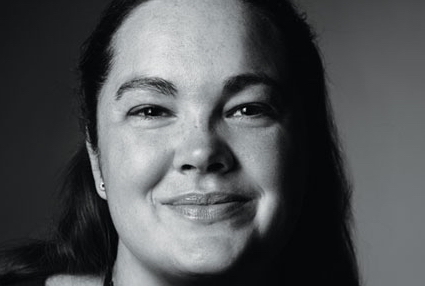Age: 31
Job Title: Resource development co-coordinator, Edmonton’s Food Bank
Why She’s a Top 40: For helping to feed the hungry and for bringing awareness of the issue to Edmonton’s business community
Tamisan Bencz-Knight knows that one person cannot end hunger, but she is determined that one person can make a huge difference by getting hundreds of other like-minded individuals engaged in the fight against hunger.
The daughter of Marjorie Bencz, executive director of Edmonton’s Food Bank, Bencz-Knight saw as a child how the stress and grief of not having enough food on the table affects everyday people. Inspired to help, she began volunteering at the food bank alongside her mother when she was 10-years-old, attending events and helping out wherever her little hands could assist. That urge to help the hungry has since transformed into a lifelong commitment to help those unable to help themselves.
Since becoming resource development co-ordinator for the food bank in 2006, she has made sure food insecurity is at the forefront of every good corporate citizen’s mind by connecting the food bank with generous companies to increase its food stock. Thanks to her efforts, many food retailers in Edmonton now contact the food bank with donations of food that is still edible but not marketable due to brand or seasonal changes.
Since its simple beginnings in 1981 as a small association in a derelict building, Edmonton’s Food Bank has grown into a large organization with almost 30 full-time employees, hundreds of volunteers and more than 3.4 million kilograms of food coming and going from its 30,000-square-foot warehouse each year. Despite its growth, nothing could prepare the organization for the startling increase in visitors since the global recession hit. In 2008, an average of 9,000 people per month were visiting the facility; that number has reached 15,500 in recent months.
“We are seeing people we’ve never seen before. They might not have lost their job, but their hours might have been cut from 40 [hours per week] to 20,” says Bencz-Knight. “There’s also been a shift in need due to rent increases, food prices and utility prices all edging upward. Nothing is as predictable as it used to be.”
